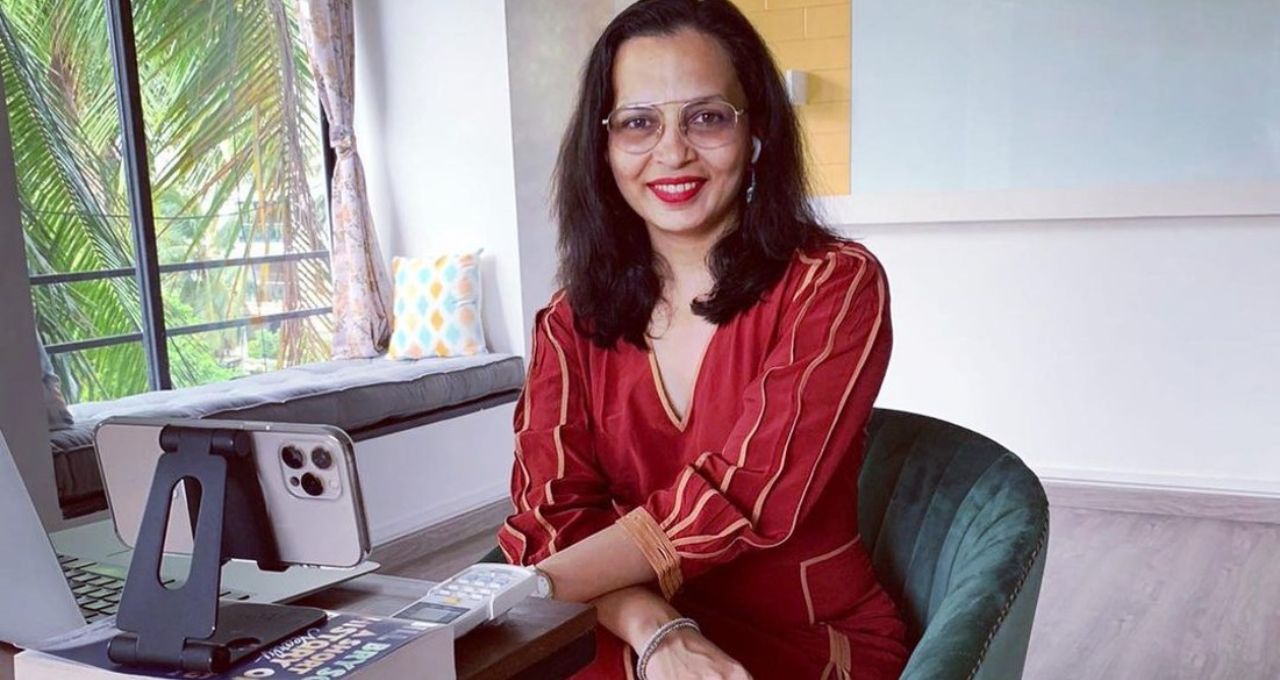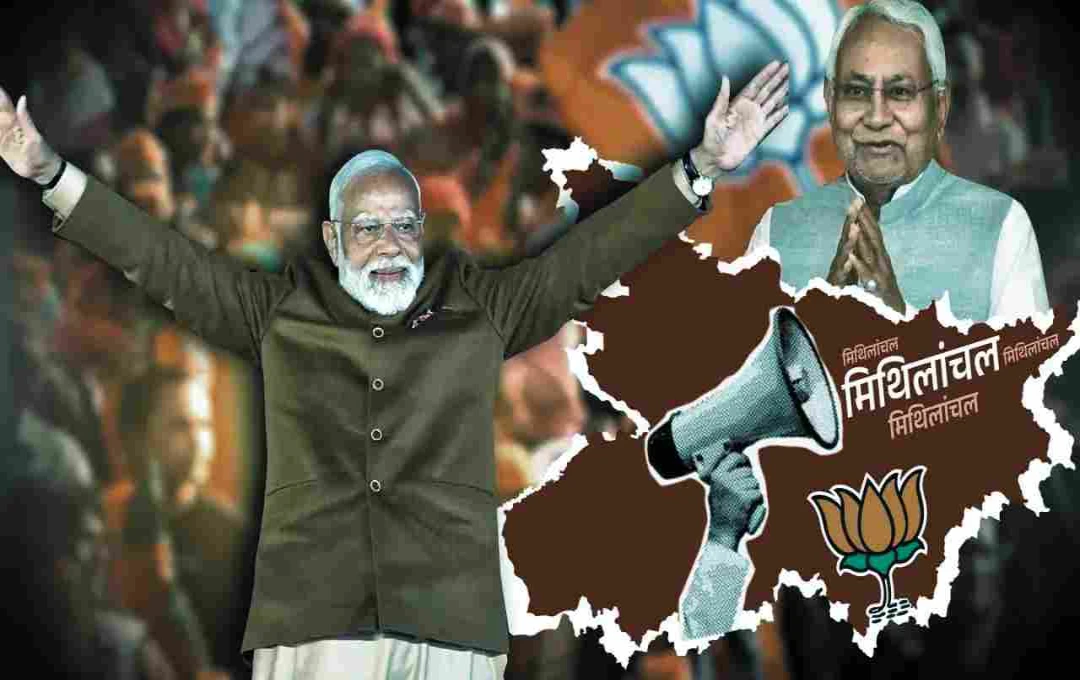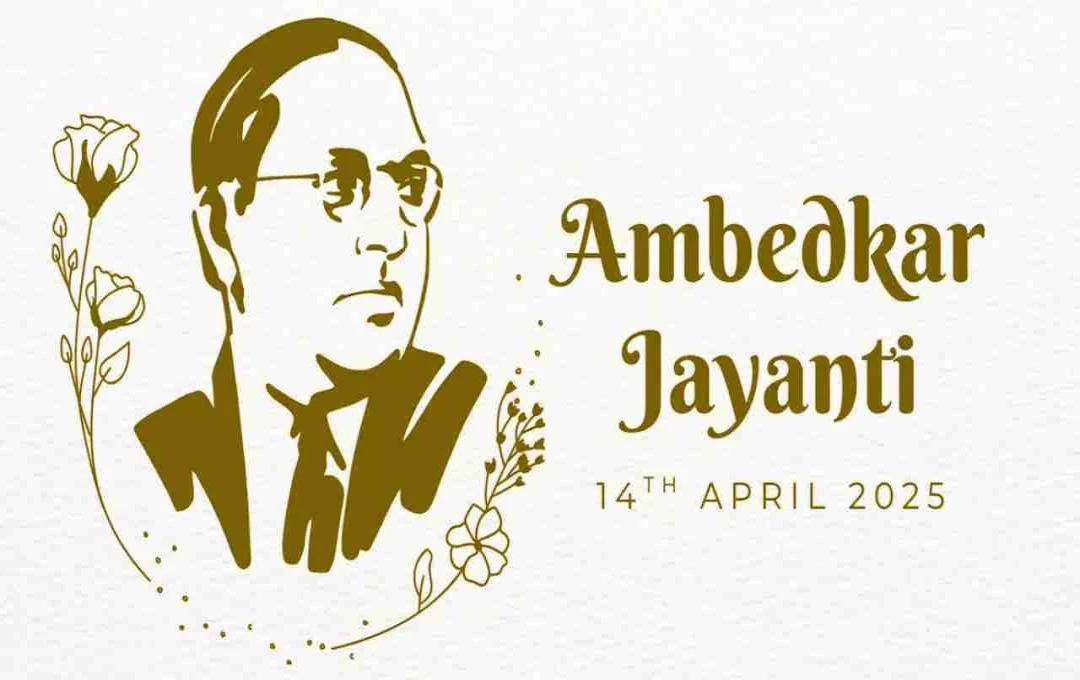Nutritionist Rujuta Diwekar refuted Nikhil Kamath's opinion advocating the abandonment of the home-cooking tradition. Diwekar asserted that home-cooked meals are not only beneficial for health but also integral to our cultural heritage.
Entertainment: Kareena Kapoor's dietitian, Rujuta Diwekar, recently responded to a comment by Zerodha co-founder Nikhil Kamath, who observed that most people in Singapore don't cook at home and embrace a predominantly eat-out culture. Kamath further argued that if India adopted this trend, it could represent a golden age for the restaurant industry.
Diwekar disagreed, emphasizing the health benefits and cultural significance of home-cooked meals. She stated that home-cooked food is not only nutritious but also an essential part of our family and social traditions.
Rujuta Diwekar's Response to Nikhil Kamath's Comment

Responding to Kamath's comment, dietitian Rujuta Diwekar took to X (formerly Twitter) advising her followers, "Don't listen to rich boys." Without naming names, she clarified that home-cooked food is always healthier than restaurant food. Diwekar stressed that home-cooked meals are not only nutritious but also strengthen family bonds.
In her tweet, she wrote, "Don't listen to rich boys; cooking at home is a healthy habit. It prevents many diseases, facilitates community food sharing, and strengthens bonds of love and security." She urged everyone, regardless of age, gender, or economic status, to learn to cook and incorporate it into their routine.
Diwekar's response followed Kamath's post a day earlier, sharing his observations on Singapore's food habits. Kamath noted that in Singapore, considered one of the world's most expensive cities, people rely more on ready-made meals and eating out than on traditional home-cooked food.
What's the Issue with Nikhil Kamath?

Sharing his experience from a trip to Singapore, Kamath tweeted, "I was in Singapore this week; most people I met said they never cook at home, and others don't even have kitchens." He added that if India adopted this trend, investing in or opening restaurants could be a "massive opportunity."
Kamath's comment sparked a lively debate on social media. Many offered arguments comparing Singaporean and Indian food habits. Some users highlighted Singapore's renowned hawker center culture, offering affordable, clean, and nutritious food, a convenient option, especially for working professionals, reducing the need for home cooking.













